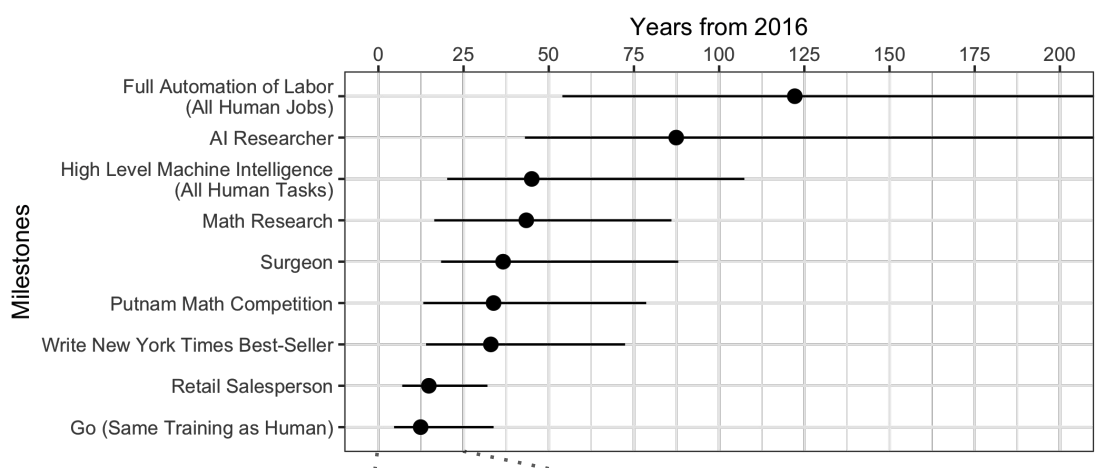Written by: Anantharaman Muralidharan, G Owen Schaefer, Julian Savulescu
Cross-posted with the Journal of Medical Ethics blog
Consider the following kind of medical AI. It consists of 2 parts. The first part consists of a core deep machine learning algorithm. These blackbox algorithms may be more accurate than human judgment or interpretable algorithms, but are notoriously opaque in terms of telling us on what basis the decision was made. The second part consists of an algorithm that generates a post-hoc medical justification for the core algorithm. Algorithms like this are already available for visual classification. When the primary algorithm identifies a given bird as a Western Grebe, the secondary algorithm provides a justification for this decision: “because the bird has a long white neck, pointy yellow beak and red eyes”. The justification goes beyond just a description of the provided image or a definition of the bird in question, and is able to provide a justification that links the information provided in the image to the features that distinguish the bird. The justification is also sufficiently fine grained as to account for why the bird in the picture is not a similar bird like the Laysan Albatross. It is not hard to imagine that such an algorithm would soon be available for medical decisions if not already so. Let us call this type of AI “justifying AI” to distinguish it from algorithms which try, to some degree or other, to wear their inner workings on their sleeves.
Possibly, it might turn out that the medical justification given by the justifying AI sounds like pure nonsense. Rich Caruana et al present a case whereby asthmatics were deemed less at risk of dying by pneumonia. As a result, it prescribed less aggressive treatments for asthmatics who contracted pneumonia. The key mistake the primary algorithm made was that it failed to account for the fact that asthmatics who contracted pneumonia had better outcomes only because they tended to receive more aggressive treatment in the first place. Even though the algorithm was more accurate on average, it was systematically mistaken about one subgroup. When incidents like these occur, one option here is to disregard the primary AI’s recommendation. The rationale here is that we could hope to do better than by relying on the blackbox alone by intervening in cases where the blackbox gives an implausible recommendation/prediction. The aim of having justifying AI is to make it easier to identify when the primary AI is misfiring. After all, we can expect trained physicians to recognise a good medical justification when they see one and likewise recognise bad justifications. The thought here is that the secondary algorithm generating a bad justification is good evidence that the primary AI has misfired.
The worry here is that our existing medical knowledge is notoriously incomplete in places. It is to be expected that there will be cases where the optimal decision vis a vis patient welfare does not have a plausible medical justification at least based on our current medical knowledge. For instance, Lithium is used as a mood stabilizer but the reason why this works is poorly understood. This means that ignoring the blackbox whenever a plausible justification in terms of our current medical knowledge is unavailable will tend to lead to less optimal decisions. Below are three observations that we might make about this type of justifying AI.
Read More »Three Observations about Justifying AI



